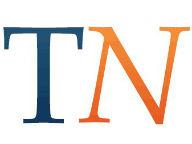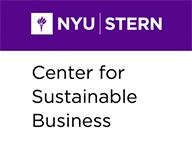School News
—
Five MBA1s are featured in the Real Humans of the MBA Class of 2019 series
—

Excerpt from Clear Admit -- "Perhaps not surprising, NYU Stern’s New York City location factored highly into the decision-making process for many of the students we asked. But so too did its community—including how approachable and friendly current students were to prospective students and the school-wide emphasis on IQ + EQ (emotional quotient)—and its curriculum, which has a strong core but also gives students the opportunity to explore electives early on and offers specializations in things like luxury marketing and technology."
School News
—

Excerpt from Clear Admit -- "Perhaps not surprising, NYU Stern’s New York City location factored highly into the decision-making process for many of the students we asked. But so too did its community—including how approachable and friendly current students were to prospective students and the school-wide emphasis on IQ + EQ (emotional quotient)—and its curriculum, which has a strong core but also gives students the opportunity to explore electives early on and offers specializations in things like luxury marketing and technology."






















